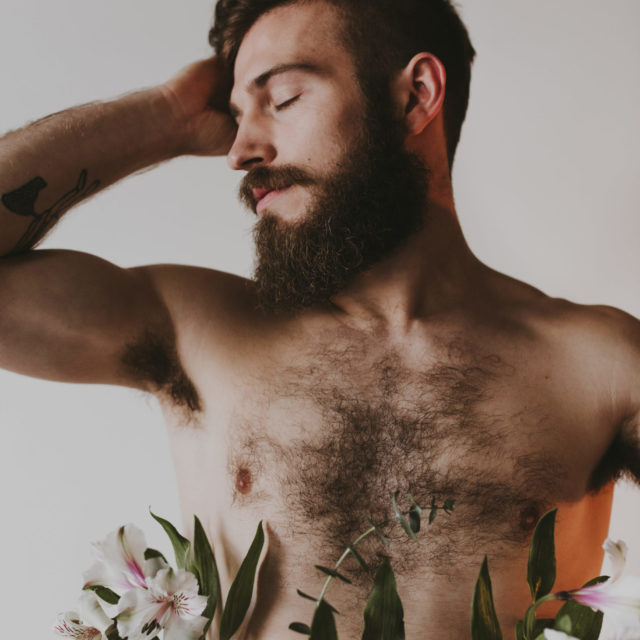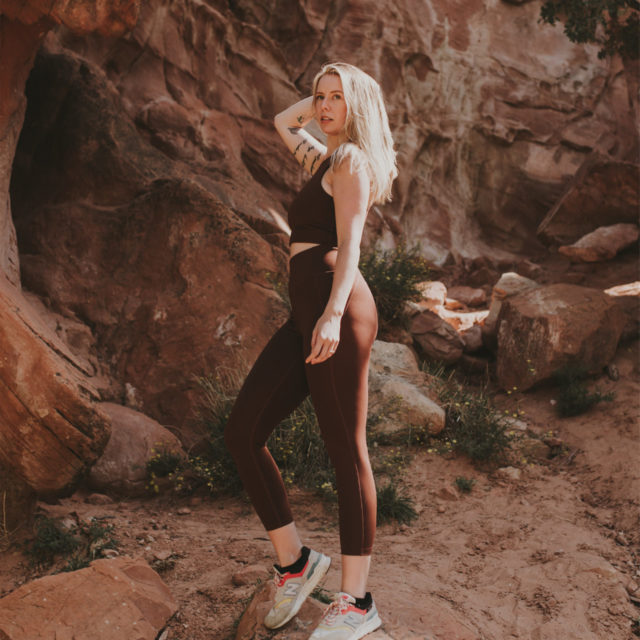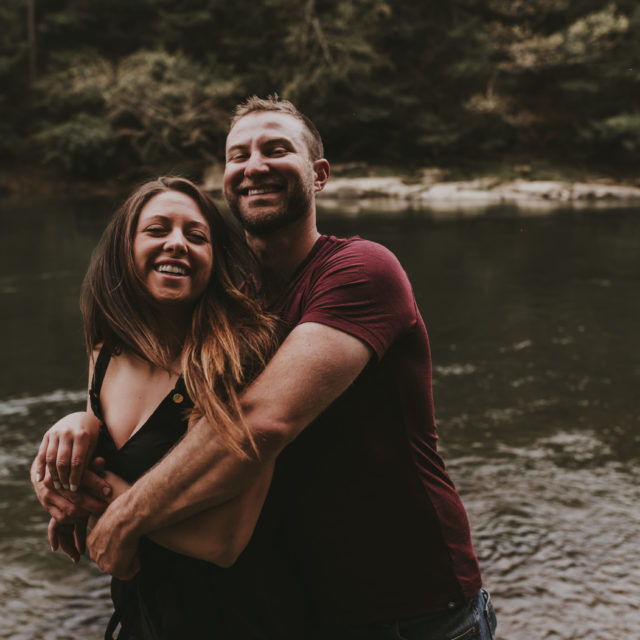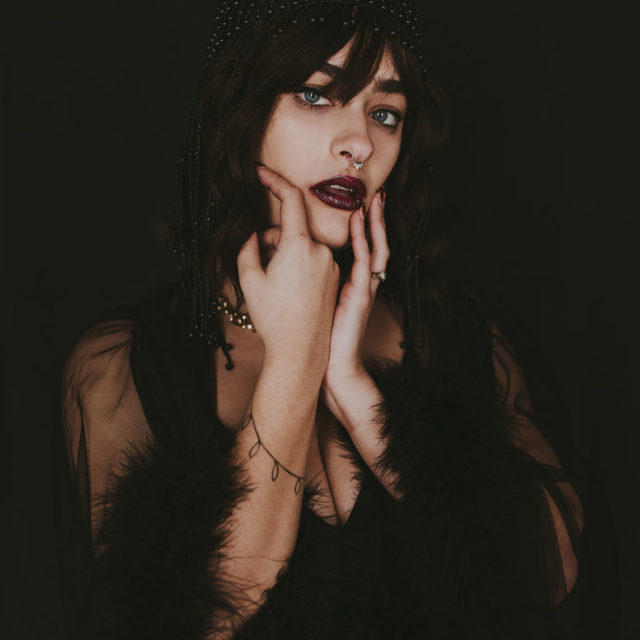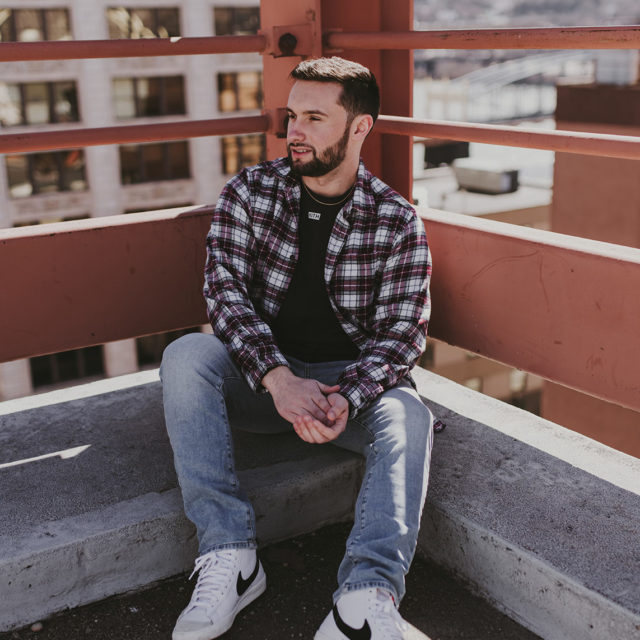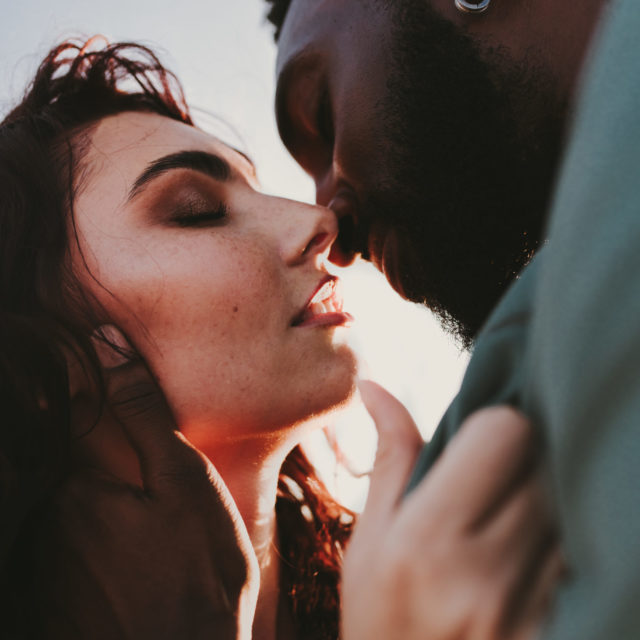When looking for a photographer for your event or even your creative sessions or headshots, you need to know who you’re booking.
You need to interview them. You are hiring them for a job (jobs typically come with interviews), and you need to be sure they are the perfect match before you hire them. Before an interview even, you need to know what you should be asking your photographer.
Do Your Research
Before bringing a photographer in for an interview, read through the content on their website, look at the photos offered there, be aware of their experience and how it may affect their pricing, check their social media profiles for more photos. You want to be fully prepared if you do decide to move forward with them. It would be a waste of everyone’s time if you were to interview a photographer only to learn you don’t care for their style.
Use the resources the photographer gives you free and clear before you go about getting more serious. You should use the interview to get into the specifics.
Know that not all questions are created equal. If you did your research, this will be obvious to you. Ten 2 Ten Photography says some questions can seem dumb to a photographer when the information is offered on their website or social medias. Don’t forget, you are interviewing them, but it’s also a chance for them to get to know you a bit, too. Your questions will reflect how much you prepared.
First of all, some questions not to ask:
1. Can I see your portfolio?
If you went to the photographer’s website, that is their portfolio. They spent the time and effort creating a space to display their art and allow clients to get to know them and their style. It’s there for you to utilize.
2. How long have you been shooting?
This is information that should be on the website. If it’s not there, it can be fair to ask. But really, it should be an indicator the photographer isn’t as experienced as they wish you to believe.
3. Can you describe your style?
Looking at website photos and images posted to social media is the obvious way to garner the style of the photographer. They’re right there.
Asking the photographer to describe their style clearly shows you haven’t looked at their photos. At least not very closely. And this reflects poorly on you.
4. Do you shoot digital? Film? Both?
Ten 2 Ten says this is another dumb question to ask – if the photographer doesn’t mention it on their website, the answer is no.
However, I still think it’s a fair (ish) question to ask. Film is more difficult, and I, personally, don’t develop it myself. So while I do shoot film, it’s usually for my own personal use.
In this case, the photographer (me) does have experience with film. But then you have to ask yourself:
- Do you want someone who hasn’t advertised film shots to take them?
- Will this increase the charge because the photographer doesn’t develop the photos themselves – because they’ll have to send them away?
- Will you (the client) be responsible for having the film developed?
If you get past the first internal question, then yeah, ask away.
5. Will you receive the high resolution RAW images?
The short answer is no.
If you’ve done any sort of research on what a photographer offers, you should know they don’t offer RAW images. If you haven’t come across this fact or you don’t know what RAW is, you can read more about why photographers don’t give client RAW files here.
15 Questions to Ask Your Photographer
1. Is my date available?
While this question may not be relevant for everyone, if you’re hiring a photographer for a wedding or event on a specific date, knowing immediately if the photographer is available is incredibly important.
2. Will you be the one shooting my event (session)?
Their answer can affect the style of the shoot and possibly editing. You want to be sure that you are looking at photos and galleries by the photographer you will be working with. With a small business, it’s usually not a concern (I do my own shooting), but with larger companies, it can become an issue.
3. Will you be using a second shooter?
Again, for smaller sessions (individuals, couples, headshots), this isn’t particularly a relevant question, but if you have a wedding or shower – a larger event – a second shooter may become necessary with the number of people.
It can also affect the pricing for the shoot because the second photographer will need to be compensated as well.
4. How many shoots have you done?
This is a better way of asking “How long have you been a photographer?”
Time is subjective. Time doesn’t matter. You want a solid number to put on the type of shoot you’re booking.
For example, a photographer could have been working for 5 years but only have shot 2 weddings. Five years sounds pretty good. Two weddings does not. Especially if your wedding would only be the third.
That’s not a lot of experience for one of the greatest days of your life.
But if someone were to say they’ve shot 20 weddings, that’s a solid number in terms of experience.
5. Can I see two or three full photo galleries?
Asking for even one complete photo gallery is a step in the right direction. Even though you’ve done your research by looking at the photographer’s website and Instagram, these pictures are still the best photos out of the complete galleries. Asking to see an entire gallery will give you the full picture (pun intended).
But asking to see a couple galleries allows you to compare the work done in each one. Maybe the lighting varies from gallery to gallery (which is important to see so to understand how the photographer edits if you have an event over several hours).
Multiple galleries will also show consistency in style and quality, as well as the photographer’s ability to work with different people.
6. Have you shot at my venue or location before?
Finding the right angles, knowing the lighting, avoiding obstructions, etc. can help the photographer to better plan for your specific shoot.
If they haven’t been there before, be sure to ask if they plan to visit beforehand if you book them.
7. Do you have a backup plan if you are suddenly unable to do the shoot?
Emergencies happen. It’s a fact of life. While they’re hardly ever convenient, it is good to know there is another plan in place.
Some things to look for:
- Good communication is key. Letting you know ASAP is going to be the best for everyone and give time for any adjustments.
- A photographer who is well known most likely has a wide network of photography friends and colleagues. This means there are ample people your photographer is able to reach out to incase of emergency.
You want someone who is aware of your needs so they can place you with another photographer who is still going to offer you what you want. It would be most convenient if this possible replacement has a similar style to your photographer.
8. Will you bring backup equipment?
It’s also good to know what sort of protection you will have to ensure you get your photos.
- Does their camera use 2 memory cards to automatically make backups while shooting?
- Do they have backup cameras, lenses, flashes equivalent to the caliber of their main gear?
And later,
- How do they protect photos once the editing process begins?
9. What will it be like to work with you?
Depending on your photography needs, your needs for your photographer will change as well.
For an event, do you want your photographer to blend in (i.e., they’re part of the crowd snapping photos at will: reactions, big moments, candids.)
Or do you want them to direct (i.e., “Move your arm here,” “Look there”).
Or perhaps you would want a combination of the two depending on the circumstances. Even if the moment is right, would they be willing to give or refrain from giving some direction? This is very important to know, as you want your perfect shoots but candids are fun, too.
Plus, you certainly don’t want the shouted direction of the photographer to ruin a moment.
The venue may also have a dress code. Be sure the photographer is willing (and aware) to follow the dress code.
10. Can we ask for specific shots?
Sometimes this question can be tricky because every photographer wants to be original. They are artists. However, if you ask for specific shots in a way that makes it clear you’re looking to capture key moments or people combinations and not just a canned Pinterest recreation, then it’s hard for a photographer to say no.
11. What if my event runs long, will you be able to stay? Is there an overtime charge?
Everyone knows that events can run long. Or even a regular creative photo shoot. But time is money for a photographer, and it’s possible they have another shoot to get to (if we’re talking creative or headshots).
Most photographers offer a 15 minute grace period before they charge an overtime fee. Some photographers will make it seem like it’s not a big deal for them to stay longer. However, be sure to read the contract to know if you have to pay. Just because it’s not a big deal doesn’t mean you aren’t going to be charged for their extra time.
12. What is your editing process like?
Alternate: Do you do your own editing?
Some photography companies will have an in-house editor – someone who does all the editing exclusively.
But other times, a photographer will outsource their editing and will end up having different editors work on different projects. This can lead to consistency issues.
Personally, I do my own editing through the use of Adobe Lightroom Classic and Adobe Photoshop. Cropping, white balance, exposure, contrast, etc. with some light skin smoothing is usually my standard editing process.
Depending on extreme lighting, unsightly crowds, unwanted acne, etc. more editing is a possibility and may increase your cost.
As you know, I prefer the natural look. I’m never going to airbrush you to perfection without your explicit instruction. And even then, it’s not something I’m comfortable with.
13. What’s your standard package?
This answer will change depending on what sort of photo shoot you’re booking. For the average creative session/couple shoot, you’re looking at 25-35 images for an hour long session.
If you’re booking an event, you can look for 50-100 photos per hour. Don’t forget that some parts of an event are more exciting than other parts, e.g., the first kiss and the walk down the aisle as husband and wife versus the ceremony.
Also don’t forget that your photographer will give you the best images from the 20 photos they took of you in practically the same pose.
14. Do you charge a travel fee?
This can be important if you’re booking an event. Most photographers have a standard range they’ll travel before they will ask for a travel fee.
If you’re booking a destination wedding or event, then you may be asked to pay for travel and accommodations.
15. Do I need to sign a contract today?
Ask when you can expect a contract and how long they can hold the date while you review the contract (and conduct any other interviews). Most photographers will hold the date for 3-5 days. So be sure you’re only interviewing photographers once you’re serious about booking one.
And yes. You should always sign a contract. You’ve spoken a lot with the photographer by this time. You want to be sure what you talked about is what you’re actually going to get. A contract is binding and can be upheld by law.
The Takeaway
This is a lot of information to keep in mind. Especially if you’re interviewing three or four photographers. Be sure to take good notes.
Do your research beforehand and consider your own priorities versus the photographer’s. Your preferences should align with each other.
Don’t be afraid to ask a question if it’s not on this list. Just be sure that the answer hasn’t already been provided for you in a different setting. You want to make a good impression on them too, after all.

